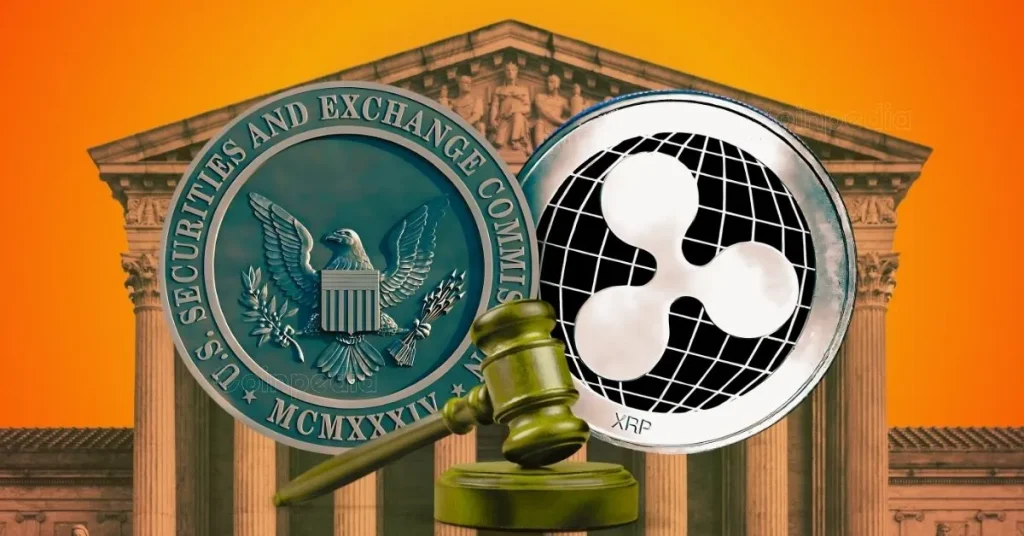Pro-XRP Lawyer Shuts Down Ripple’s ‘No Legal Clarity’ Rumors From Bitcoin Maxis
0
0

The post Pro-XRP Lawyer Shuts Down Ripple’s ‘No Legal Clarity’ Rumors From Bitcoin Maxis appeared first on Coinpedia Fintech News
In the long-running legal battle between Ripple and the U.S. Securities and Exchange Commission (SEC), Judge Analisa Torres has made a fresh decision — and it’s got the crypto world talking.
Judge Torres denied a joint request from both Ripple and the SEC for what’s called an “indicative ruling.” In simple terms, she told them that if the case were back under her control, she still wouldn’t rule on their request because it wasn’t properly filed.
Rumors Swirl: Does XRP Lack Legal Clarity?
Right after this, rumors started spreading fast on social media claiming XRP still has no legal clarity because no court has officially classified it — like how Bitcoin has been called a commodity.
Bitcoin supporters argue that since XRP hasn’t been “classified” like Bitcoin, it means XRP remains in legal limbo. But pro-XRP lawyer Bill Morgan stepped in to clear the air.
Bill Morgan: The ‘No Legal Clarity’ Argument Makes No Sense
Bill Morgan called this argument “illogical nonsense.” He explained that just because a crypto asset hasn’t been officially labeled by a court or government doesn’t mean it lacks legal clarity.
Morgan pointed out that even in other countries like Australia, Bitcoin was only recently ruled to be ‘property’ by a superior court. That didn’t mean it was unclear before — it just wasn’t officially labeled.
He added that in the U.S., the debate between commodities and securities matters mainly because the SEC has been aggressively targeting cryptocurrencies. If an asset is classified as a commodity, it avoids SEC regulation, which is why so many in the crypto space care about this issue.
XRP Already Has Legal Clarity Where It Matters
Morgan reminded the community that Judge Torres already ruled that XRP itself is not a security. That decision, he said, is a form of legal clarity because it settles one of the biggest questions about XRP’s status.
Courts, Morgan explained, don’t just go around classifying things for the sake of it. They make rulings on specific legal questions brought before them. And in this case, the question was whether Ripple’s sales of XRP were illegal securities sales — not whether XRP is a commodity, currency, or something else.
Final Take: What XRP Is… And Isn’t
The expert believes that if Judge Torres had to classify XRP, the reasoning behind her decision suggests she might have leaned toward calling it a commodity. But more importantly, we already have clarity that XRP is not a security, and that’s a major win.
He also noted that in legal systems around the world, plenty of things have legal clarity without being officially labeled by law. The focus should be on what something isn’t — and for XRP, it isn’t a security. That alone provides significant legal certainty for now.
0
0
 Manage all your crypto, NFT and DeFi from one place
Manage all your crypto, NFT and DeFi from one placeSecurely connect the portfolio you’re using to start.






